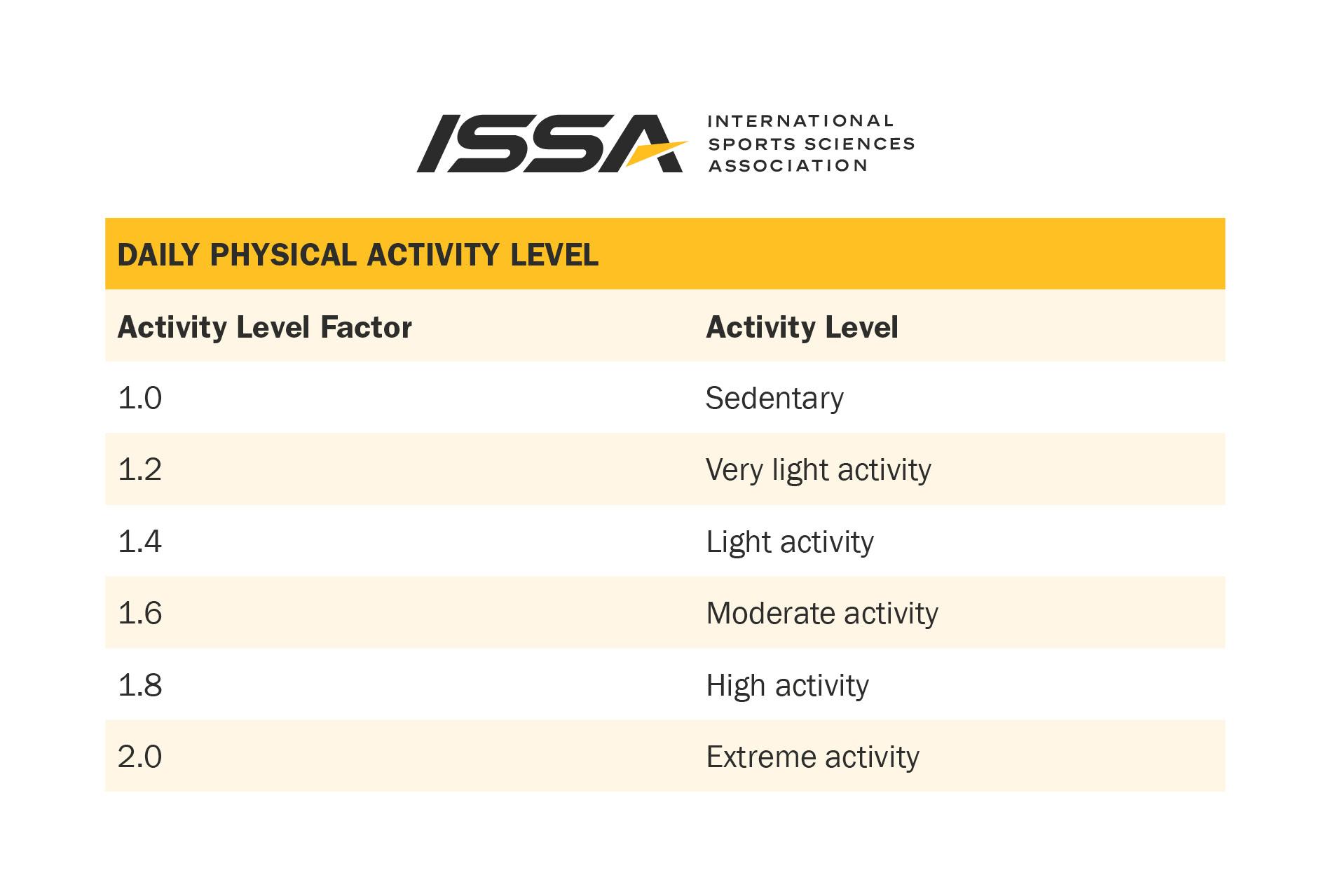In the intricate symphony of human physiology, carbohydrates play the role of a masterful conductor, orchestrating the energy that fuels our every move. From the gentle rhythm of a morning jog to the intense crescendo of a high-intensity workout, these organic compounds are the unsung heroes powering our performance. But what is it about carbohydrates that makes them so integral to our exercise routines? As we delve into the science behind these energy-rich molecules, we uncover a fascinating world where chemistry meets athleticism, and where understanding the relationship between carbohydrates and our bodies can unlock the potential for peak performance. Join us on this exploration of how carbohydrates not only sustain our physical endeavors but also enhance the symphony of movement that defines our active lives.
Understanding Carbohydrates: The Essential Workout Fuel
Carbohydrates are often hailed as the powerhouse of energy for athletes and fitness enthusiasts. When we consume carbs, they are broken down into glucose, which serves as a vital source of fuel for our muscles during exercise. This process is crucial because it helps maintain blood sugar levels and provides sustained energy. Without adequate carbohydrate intake, your body may resort to using protein for energy, which can ultimately impact muscle repair and growth.
- Immediate Energy Source: Simple carbohydrates like fruits and sports drinks are quickly absorbed, offering a rapid energy boost when needed most.
- Sustained Energy: Complex carbohydrates, such as whole grains and legumes, provide a slower release of energy, ideal for longer workout sessions.
- Muscle Recovery: Post-workout, carbs help replenish glycogen stores, aiding in faster recovery and preparation for the next workout.
Incorporating a balanced mix of both simple and complex carbohydrates can optimize performance and enhance recovery, making them indispensable in any workout regimen.
Timing and Types: Maximizing Carbohydrate Benefits for Exercise
When it comes to harnessing the power of carbohydrates for your workout, timing and the type of carbs you consume play pivotal roles in optimizing performance and recovery. Understanding when to eat and what to eat can make a significant difference in your energy levels and endurance. Timing is crucial: consuming carbohydrates at strategic intervals can help replenish glycogen stores and sustain energy. Consider eating a carb-rich meal about 3-4 hours before your workout to provide a steady stream of energy, and then a smaller, easily digestible snack 30-60 minutes before to give your body an immediate fuel boost.
Choosing the right types of carbohydrates is equally important. Focus on complex carbohydrates such as whole grains, legumes, and vegetables for sustained energy, especially for endurance activities. Before a workout, simple carbohydrates like fruits or energy bars can be beneficial due to their quick absorption, providing a fast energy source. Post-exercise, combine carbs with protein to enhance muscle recovery and glycogen replenishment. Consider these carbohydrate sources:
- Whole Grains: Oats, quinoa, brown rice
- Fruits: Bananas, berries, oranges
- Starchy Vegetables: Sweet potatoes, squash
- Legumes: Lentils, chickpeas, beans
By mastering the timing and selection of carbohydrates, you can fuel your workouts more effectively and achieve your fitness goals with greater ease.

The Role of Glycogen: Energy Storage and Performance
In the intricate dance of human physiology, glycogen serves as a crucial player, acting as a reservoir of energy that powers our every move. This polysaccharide, stored predominantly in the liver and muscles, is the body’s go-to fuel during physical exertion. When we engage in workouts, the body taps into these glycogen stores to meet the increased energy demands, allowing for sustained performance. As exercise intensity ramps up, the reliance on glycogen becomes more pronounced, highlighting its importance in activities ranging from a leisurely jog to high-intensity interval training.
Understanding the role of glycogen in energy dynamics can help athletes and fitness enthusiasts optimize their performance. Here are some key aspects to consider:
- Storage Capacity: The average adult can store approximately 400-500 grams of glycogen, translating to about 1600-2000 calories of readily available energy.
- Depletion and Recovery: Intense workouts can deplete glycogen stores significantly. Consuming carbohydrates post-exercise is crucial for replenishing these reserves and ensuring recovery.
- Training Adaptations: Regular training can enhance the muscles’ ability to store glycogen, effectively increasing energy reserves and improving endurance.

Balancing Act: Personalized Carbohydrate Intake for Optimal Results
In the quest for achieving peak physical performance, understanding the role of carbohydrates can be the game-changer. Unlike the one-size-fits-all approach, personalized carbohydrate intake tailors nutrition to individual needs, optimizing energy levels and enhancing workout results. The key lies in recognizing your body’s unique metabolic demands and adjusting your carbohydrate consumption accordingly. By doing so, you can effectively fuel your workouts, support recovery, and prevent energy crashes.
- Pre-Workout: Consume easily digestible carbohydrates to ensure energy availability during exercise.
- During Workout: For sessions exceeding an hour, consider small amounts of carbs to maintain endurance.
- Post-Workout: Replenish glycogen stores with a balanced mix of carbohydrates and proteins.
Balancing carbohydrate intake requires a keen understanding of your body’s response to different types and timings of carbs. It’s a dynamic process, involving constant adjustments based on workout intensity, duration, and personal goals. By embracing this personalized approach, you not only enhance performance but also promote long-term health and well-being.
In Conclusion
As we lace up our sneakers and embark on the journey of physical fitness, the intricate science of carbohydrates stands as a steadfast companion, fueling our every stride and lift. From the humble glucose molecule to the complex interplay of glycogen stores, these essential nutrients weave an invisible thread through our workouts, transforming potential energy into kinetic prowess.
As we reach the end of our exploration, it’s clear that understanding the role of carbohydrates is not merely a matter of dietary diligence but a strategic partnership with our physiology. Whether you’re an athlete aiming for peak performance or someone simply striving for a healthier lifestyle, the power of carbohydrates is a key element in unlocking your potential.
So, the next time you prepare for a workout, consider the journey of these remarkable molecules. Let them energize your efforts, sustain your endurance, and help you achieve the goals that drive you. As science continues to unravel the mysteries of nutrition, one thing remains certain: in the realm of fitness, carbohydrates are a cornerstone, ensuring that each step taken is one fueled by knowledge and purpose.
